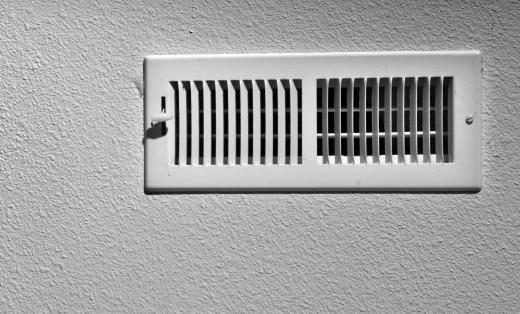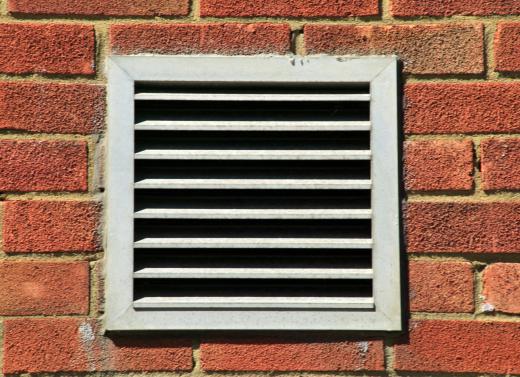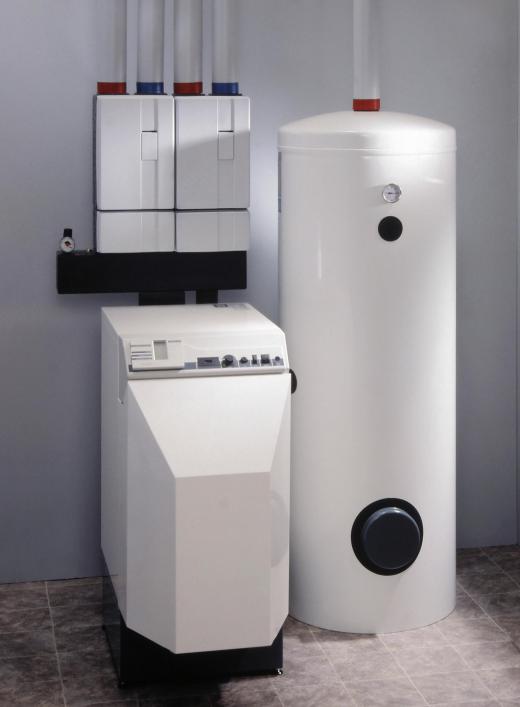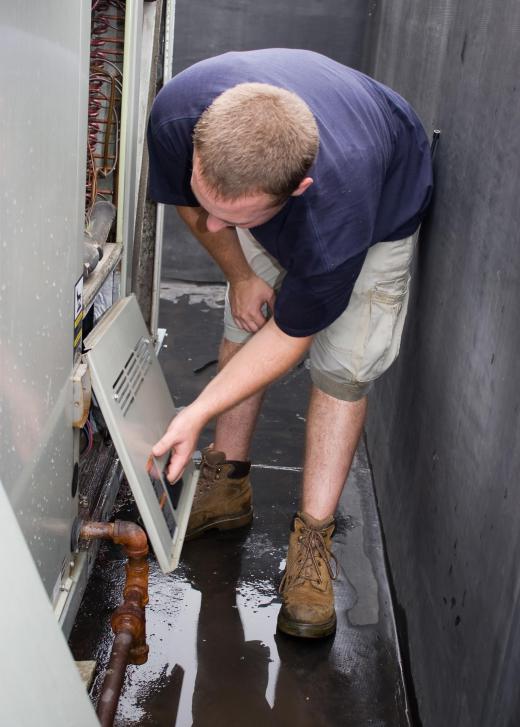An HVAC duct system is a necessary installation in almost all homes and commercial buildings. HVAC ducts carry air to and from specific locations in a building for the purposes of heating, ventilating, and air-conditioning (HVAC). Having a functioning HVAC system ensures that a building will be heated and climatized properly.
An HVAC system can be made up of various materials. Aluminum ducts with various insulation materials are a traditional option. A building may also contain fiberglass non-metallic duct board, where installation is incorporated into the HVAC duct design.

Proper HVAC installation is critically important for the comfort of those who will live or work in a building. Expert builders refer to time-tested strategies for controlling HVAC issues. Many experts point out, for instance, that some problems with heating and air-conditioning may not have to do with the size of furnaces or air conditioners, but with the HVAC duct work and the way it is laid out or installed.

Along with issues of proper air venting, HVAC duct work layout deals with additional concerns. In a house, some of the brainstorming over HVAC duct work might include how to route proper ducting to upper levels of the home while keeping space free on lower levels. Furnaces are generally kept in basements so that home designs can take advantage of rising heat. An HVAC duct typically runs through part of a basement area. If a homeowner wants to use a basement as a living space or other finished space, he or she may be looking at how to minimize the intrusion of HVAC duct work in that space.

In either home or commercial HVAC systems, maintaining air quality can be a big issue. This is particularly true with commercial HVAC because the systems installed in public buildings handle pollutants from a large number of sources, including cigarette smoke, cleaning chemicals, and much more. Using air filters and other gear properly is part of improving air quality in HVAC systems.

In home systems, changing air filters or maintaining refrigerant levels may help prevent high HVAC costs. It’s important to note that some types of HVAC work cannot be done by the typical homeowner, because anyone handling certain kinds of refrigerant needs a special license to carry and distribute this chemical element. The certificate for handling refrigerants is often called an “HVAC license”.
Knowing more about an HVAC system in a home or commercial building will help owners develop good maintenance strategies. Some of what’s involved in HVAC maintenance can be easier with a seasonal or other periodic plan. Whether in home or commercial HVAC work, good design and maintenance will help owners avoid a range of air quality and heating/cooling issues.
